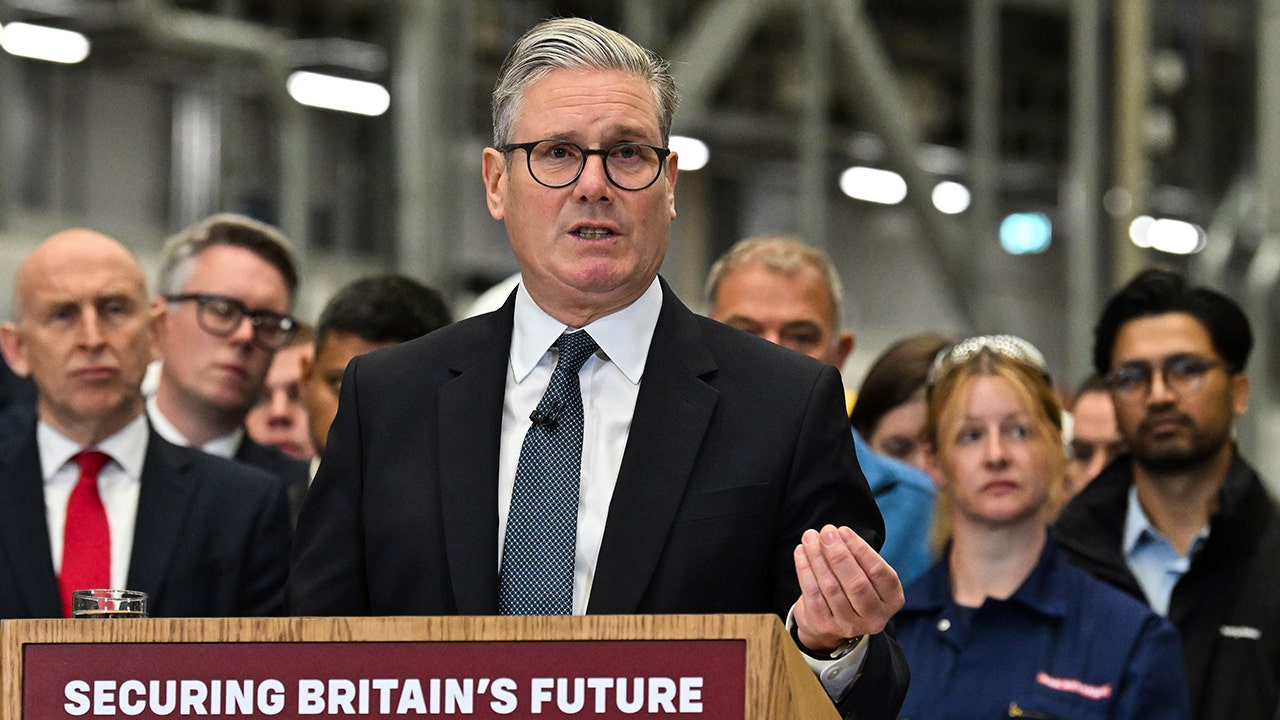Keir Starmer commits UK military to war-fighting readiness amid Russian threats

British Prime Minister Keir Starmer has announced a significant shift in the United Kingdom’s military strategy in response to growing threats from Russia. During a visit to BAE Systems’ Govan facility in Glasgow, Scotland, Starmer outlined three key changes to the country’s strategic defense review.
First and foremost, Starmer emphasized the need to move the U.K.’s armed forces into a state of “war-fighting readiness.” He stressed that being prepared to confront direct threats from states with advanced military capabilities is crucial for deterrence and maintaining peace through strength. The prime minister highlighted the importance of showing respect to the country’s service men and women by delivering the largest armed forces pay rise in two decades and committing to ending the erosion of the armed forces’ capabilities.
The second change involves enhancing the U.K.’s contribution to NATO by ensuring that all defense efforts align with strengthening the alliance. Starmer underscored the significance of collective defense and emphasized that the U.K. will never fight alone as part of NATO. By prioritizing NATO in defense policy and aligning with allies, the U.K. aims to bolster security across Europe and reinforce its partnership with the United States.
The third change outlined by Starmer is a commitment to innovation and rapid advancement in response to evolving threats. The U.K. seeks to accelerate technological advancements at a wartime pace to address present and future challenges effectively. This approach involves integrating various capabilities seamlessly and leveraging cutting-edge technologies such as drones, AI, and aircraft to enhance the armed forces’ lethality by 2035.
In line with these strategic changes, the U.K. government plans to expand its nuclear-powered submarine fleet in partnership with Australia and the U.S. The country will also invest significantly in its nuclear arsenal, with details of these plans likely to remain confidential. Additionally, the government aims to increase defense spending to 2.5% of GDP by 2027, with a long-term goal of reaching 3%.
Starmer’s announcement comes at a time of heightened tensions with Russia, characterized by increased aggression in U.K. waters and skies. The prime minister emphasized the urgency of the current threat landscape, highlighting the need to reverse the post-Cold War defense decline and strengthen the country’s defense capabilities across different domains.
As the U.K. prepares to confront emerging challenges, Starmer emphasized the importance of creating a “defense dividend” that would generate thousands of well-paid manufacturing jobs. This shift marks a departure from the previous focus on a “peace dividend” following the Cold War, signaling a renewed commitment to bolstering the country’s defense posture.
Overall, the U.K.’s strategic defense review reflects a comprehensive approach to addressing evolving threats and enhancing the country’s military readiness. By prioritizing war-fighting readiness, strengthening NATO alliances, and accelerating innovation, the U.K. aims to navigate the complex security landscape and safeguard its national interests effectively.




